Holiday Club’s Summer School could be your break into the creative industry

Now in its third year, the three-week free programme gives emerging talent the chance to learn from experts and contribute to Holiday Club’s annual magazine. And applications for this summer have just opened.
Society
Words: Olive Pometsey
Want to make a magazine this summer? Like, a proper, hold-it-in-your-hands, give-it-to-your-mates, read-it-on-the-bus magazine?
Born from a desire to break down barriers in the creative industries, the Holiday Club Summer School gives you the opportunity to do just that – and at zero cost. Launched by Bisoye Babalola in 2020, the charity’s mission is to level the playing field. Whether you’re interested in styling, photography, hair and makeup or journalism, the three-week programme – held in-person in London – is designed to nurture emerging talent across all disciplines, giving you practical experience and the chance to learn from seasoned industry experts.
Bisoye knows first-hand how difficult it can be to get your foot in the door. Although her career has taken her from planning independent film screenings in London, New York and Paris to launching her own music PR agency, it’s taken hard graft and an entrepreneurial spirit to get to this point. “My journey in the creative industry has been very up and down,” she says. “I’ve done a lot of customer service roles to keep me afloat in the down times.”

The silver lining, though, is that those down times inspired her to start volunteering in schools, which then snowballed into the launch of Holiday Club during the pandemic. Each year, selected participants create Holiday Club’s annual magazine, guided by a range of mentors who prep them on everything from how to set up photoshoots to how to get juicy quotes during interviews. This year, THE FACE team will be helping out on the latter with weekly journalism workshops, while Fujifilm will be on hand to advise on photography.
What will actually feature in the mag, you ask? Well, last year’s edition included interviews with Casablanca founder Charaf Tajer, designers Saul Nash, Priya Ahluwalia and Keash founder Taiba Akhuetie, to name a few – all photographed, interviewed and written by the Summer School’s students. Not a bad way to spend summer, eh?
If you want to be a part of this year’s Summer School, get your applications in on the Holiday Club website by midnight on 24th July. And if you want to hear more about the programme straight from the founder’s mouth, we suggest you read Bisoye’s wise words below.
Hey, Bisoye! What inspired you to launch Holiday Club?
My journey in the creative industry has been far from easy. In 2018, my PR agency shut down and I was really struggling with how to move my career forward. I thought: if I’m struggling, I can’t imagine how someone who is still in education must feel. I understand how hard it is to navigate the creative landscape, especially when you are from a working-class, low-income or ethnic minority background. I just want to create a fairer industry for others – and hopefully help someone else avoid the mistakes I made.
Why was it important to give people practical experience through creating a magazine, instead only offering workshops?
I thought about the magazine concept a lot before we launched – it serves so many purposes. Workshops are great, but I wanted the participants to walk away from the Summer School feeling proud of their work, and with an understanding of the various roles in the industry and how each department collaborates. The magazine allowed us to provide a printed portfolio for participants and, through producing the shoots and interviews, they’re able to see how important each role is.
Also, we can only accept so many people into the Summer School due to budget constraints and health and safety. I wanted to offer something to those who can’t join by providing somewhat of a guide for early-to-mid stage creatives, providing incredible career insight from a selection of influential people in the creative industry [through the content of the magazine].
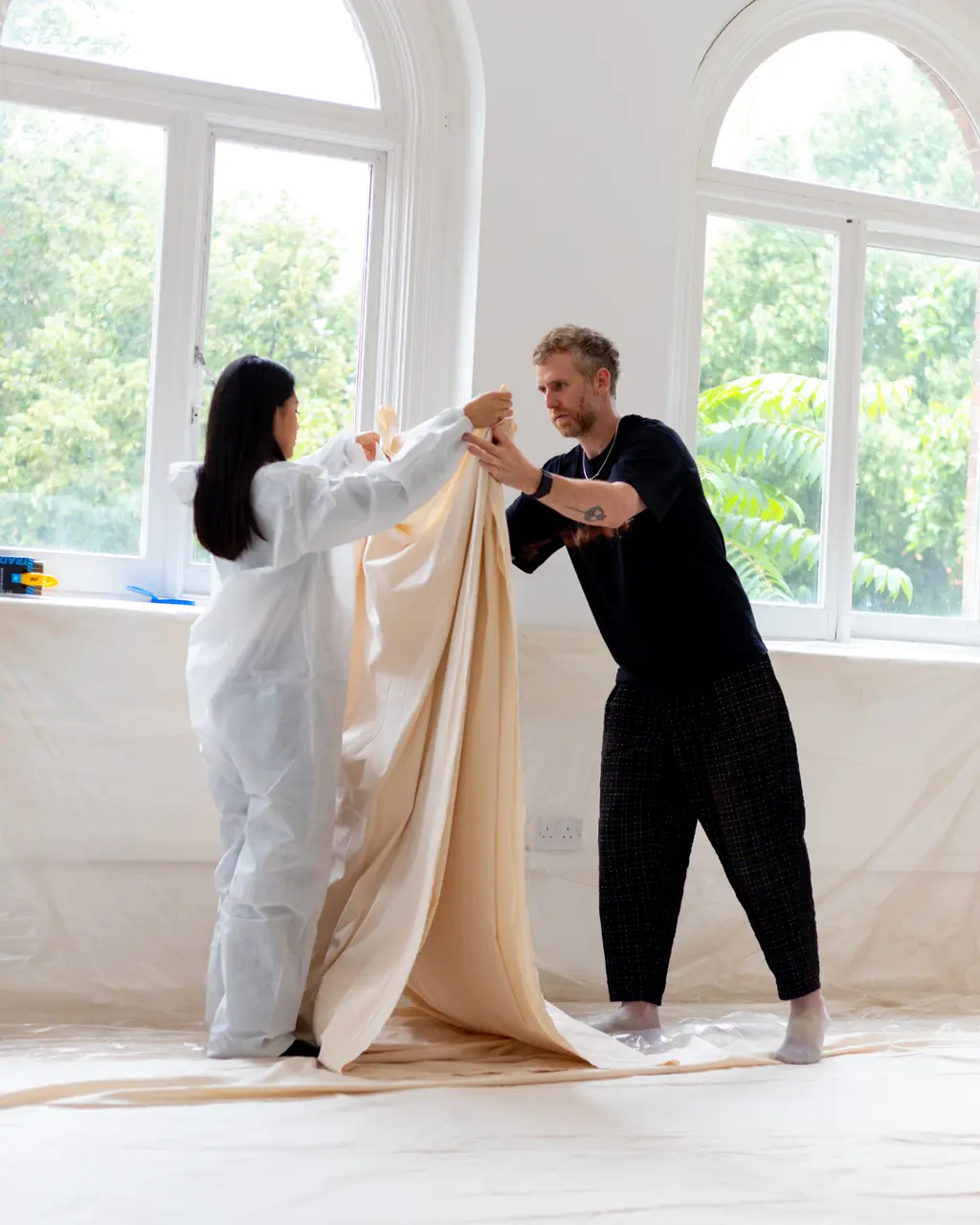
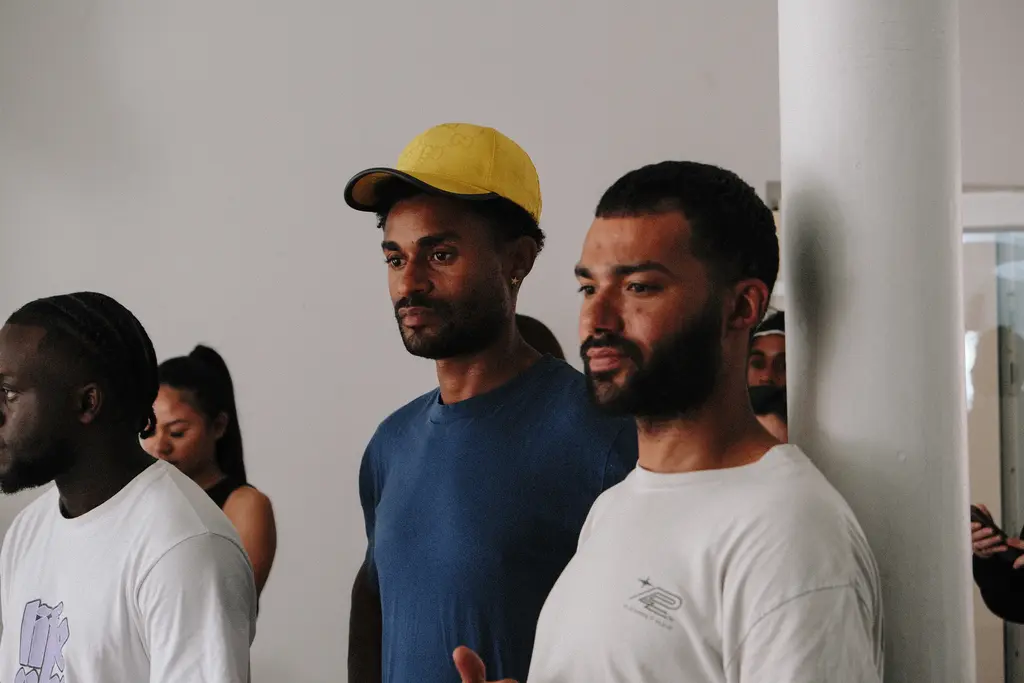
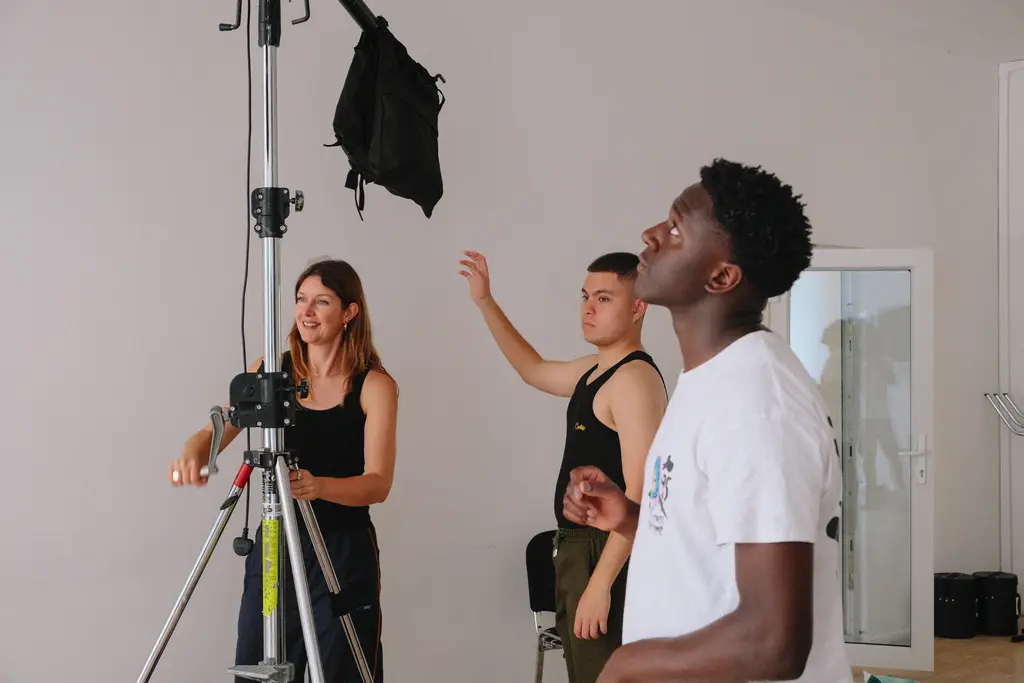
How does the programme differ from other training schemes out there?
The main difference is that the summer school is built on collaboration. I don’t lead any of the workshops – the departments covered are not my area of expertise, so we collaborate with seasoned creatives and the workshops are planned by those mentors.
Many of the mentors are also long term collaborators – for example photographer Laura McCluskey, who I’ve worked with for about six years now. She’s seen first-hand the development of the course and really advises on how the photography workshops should be run. Likewise, hairstylist Nat Bury has worked on the hair and grooming programming for the last three to four years, and now plays a larger role in helping us grow. Stylist Jake Hunte has also been a collaborator for almost a year now, and even though he’s not running a workshop this year, he’s still helped with the planning.
What are the biggest challenges facing young people entering the creative industry at the moment?
This is a really tough time for someone thinking about a role in fashion, music or art – post-Brexit, the UK’s creative industry is facing some of its hardest financial challenges in years. Fashion brands are going into administration, and a lot of shoots and campaigns have been moved to Europe. If you’re seeking communications and PR roles, the market is incredibly competitive and budgets are being cut from all ends. This was a big reason for starting our bi-weekly newsletter, where we share information about career opportunities and provide advice from people who have successfully navigated the turbulence of the creative industry.
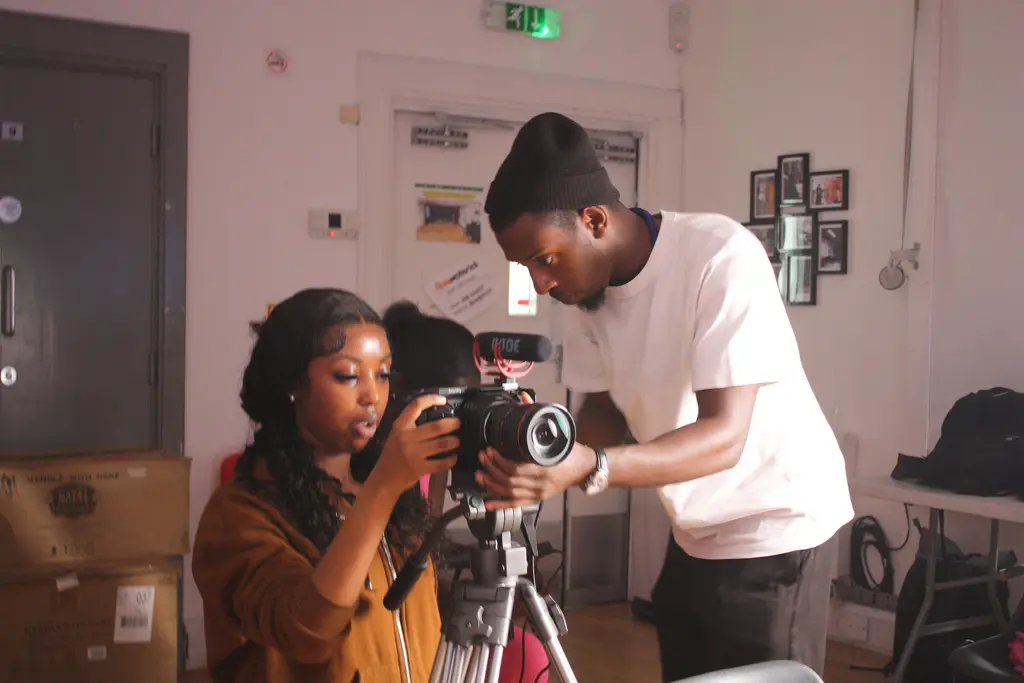
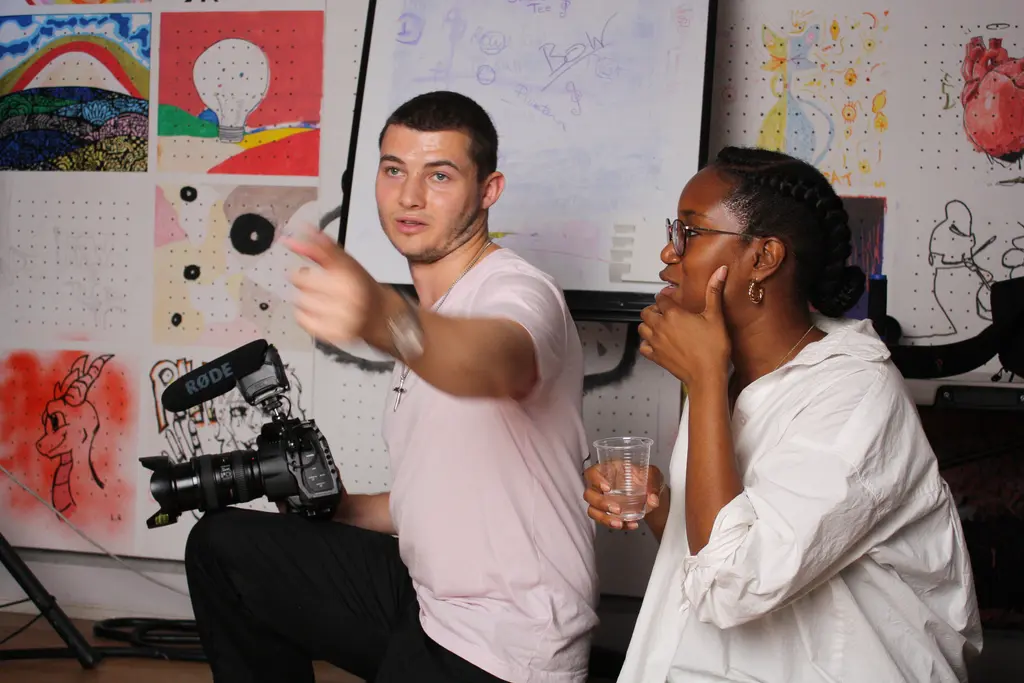
What else needs to be done to help give people from different backgrounds more opportunities?
The way jobs are distributed is one of the biggest changes I would like to see. So much of this industry is built on who you know, which I understand to a degree, especially as there are a lot of tight turnaround deadlines. But it’s creating barriers to entry. This is something that we are working hard to combat. For there to be a diverse workforce in terms of economic status, race and religion, there has to be equality across the board – opportunities should be shared. I’m really passionate about this and we’re working hard to partner with agencies and brands to offer mentoring, internships and jobs. It has been so great to receive support from North Six and ITV around this mission.
What do you feel most proud of achieving during your time working on Holiday Club?
To be honest, my resilience. Building a charity and a business is one of the hardest things I’ve ever had to do. I’m constantly navigating business models and there is barely any funding, so we have to be strategic and, most of the time, do the work for free.
Other than that, I’m proud of the young people who take part. I get to watch their confidence grow and see many of them get their first jobs or internships. It’s nice to know I’ve been a part of their journeys.






